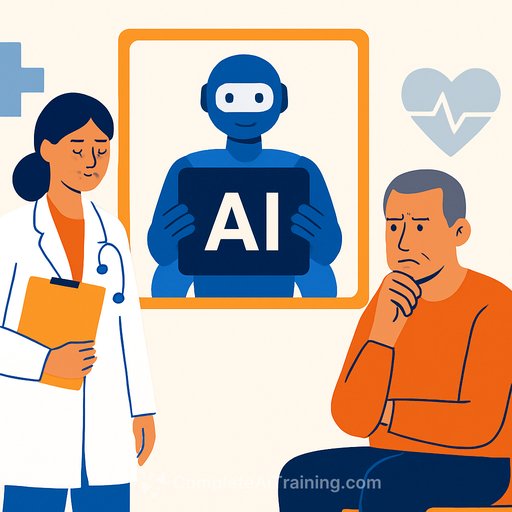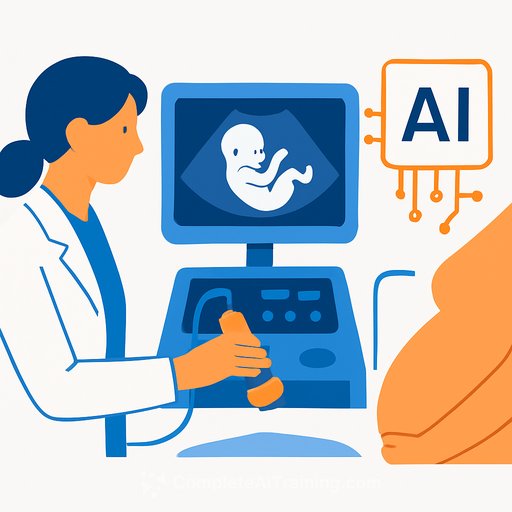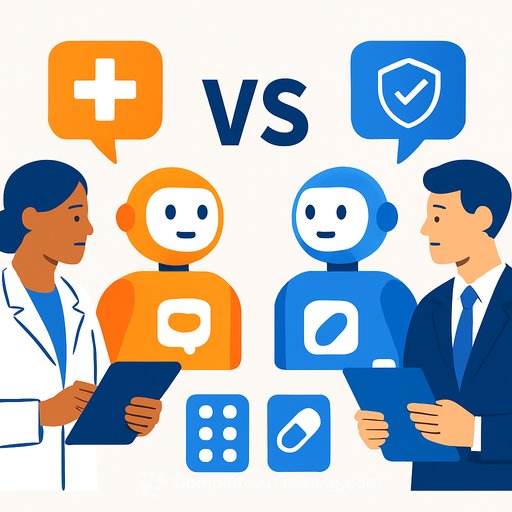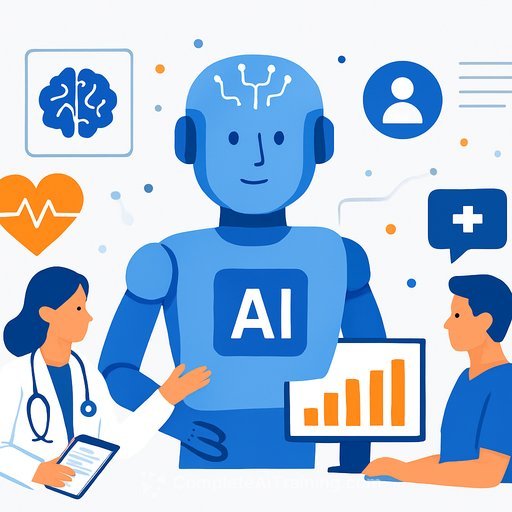Russians Show Cautious Attitude Towards AI in Healthcare
Despite the increasing use of artificial intelligence (AI) in medicine, many Russians remain hesitant to fully trust AI over human doctors. A recent survey by MAR CONSULT highlights this ambivalence, showing a mix of optimism about AI’s potential and concern about its limitations.
Current AI Applications in Medicine
AI is mainly applied in medical image analysis, diagnostics, personalized treatment, telemedicine, and drug development. However, awareness of these applications is still limited. Only 46% of respondents knew about AI’s role in healthcare, with the highest awareness found among 18-24 year-olds (60%), while the 25-34 age group showed the least awareness at 39%.
Public Perception: Optimism and Caution
- 39% of respondents have a positive view of AI in medicine.
- 49% remain cautious about replacing human doctors entirely.
- 7% strongly oppose AI-led diagnostics, preferring entirely human care.
These results are consistent with a 2023 VTsIOM survey, which found 40% of Russians comfortable with doctors using AI for diagnosis and treatment recommendations. Notably, this level of trust has remained stable over the past two years.
Age Differences in Trust
Interestingly, younger Russians are more skeptical about AI in healthcare. Nearly 60% of younger respondents are cautious, while the older age groups show more enthusiasm—56% of those aged 45-54 and 45% of those 55-65 view AI positively.
Perceived Benefits of AI in Healthcare
- 80% believe AI can improve diagnostic accuracy and reduce human errors.
- Almost 65% think AI will save time and speed up data processing.
- 42% trust AI to help identify rare diseases.
- 28% see AI as a tool to ease the workload of medical staff.
Concerns and Distrust
- 51% doubt AI’s ability to consider individual patient characteristics.
- 46% distrust machine decision-making algorithms.
- 36% fear breaches of privacy and data leaks.
- 25% worry about losing control over the diagnostic process.
- 13% are concerned that AI will weaken doctor-patient relationships.
Depersonalization and lack of emotional connection with doctors remain key concerns. Skepticism also grows from limited understanding of AI algorithms and fear of diagnostic errors.
Where Are Russians Willing to Trust AI?
- 37% would allow AI to analyze medical images like MRI or X-rays.
- 30% accept AI-led initial diagnoses.
- Only 18% trust AI to make final diagnoses.
- Just 12% are fully confident in AI’s reliability.
- 70% remain doubtful but expect AI technology to improve.
- 18% completely distrust AI in medicine.
Regarding unconditional trust, 22% would trust AI if personal data is securely protected, while 38% would accept AI involvement if a doctor verifies the results. Trust in doctors using AI has decreased for 19% of respondents but increased for 12%.
Role of Doctors and AI Going Forward
- 32% say doctors should have the primary role with AI as an assistant.
- 22% believe AI is not ready yet to replace doctors but may in the future.
- About one-third are convinced AI will never replace doctors.
- 37% worry about doctors being replaced by robotic systems, emphasizing the importance of human involvement.
The 2023 VTsIOM survey also found that Russians were twice as likely to expect AI to improve doctor-patient relations (27%) rather than worsen them (13%).
Conclusion
The data shows that while Russians see clear benefits of AI in healthcare, especially in improving diagnostics and efficiency, many remain cautious about fully entrusting AI with medical decisions. Concerns about privacy, loss of human connection, and trust in AI’s decision-making remain significant barriers.
For healthcare professionals, these insights highlight the importance of maintaining transparency, protecting patient data, and ensuring AI supports rather than replaces human expertise.
For those interested in further training on AI applications in healthcare, resources and courses are available at Complete AI Training.
Research Methodology
The MAR CONSULT survey was conducted online with 600 participants across Russia in July 2025.
Your membership also unlocks:





